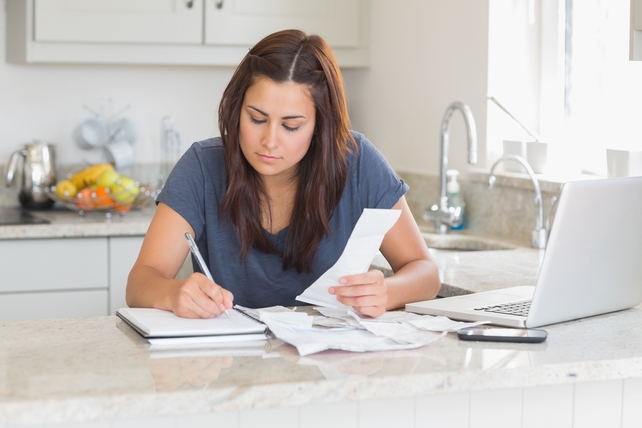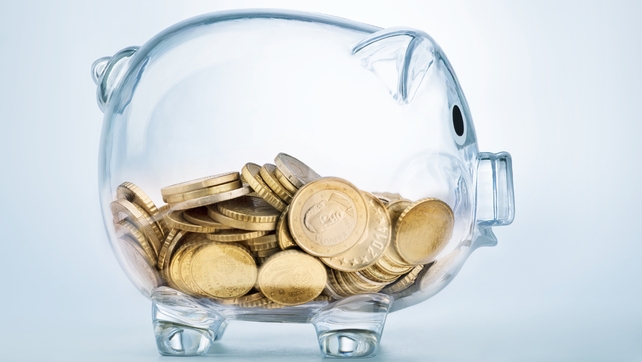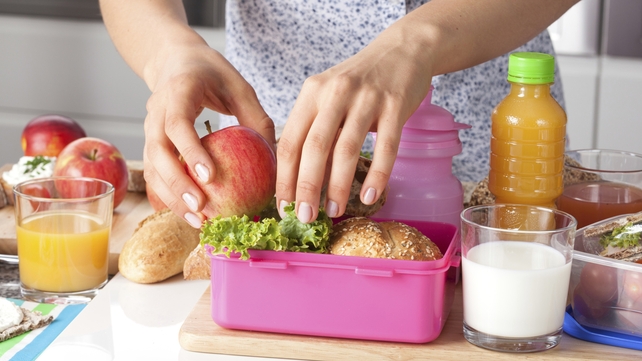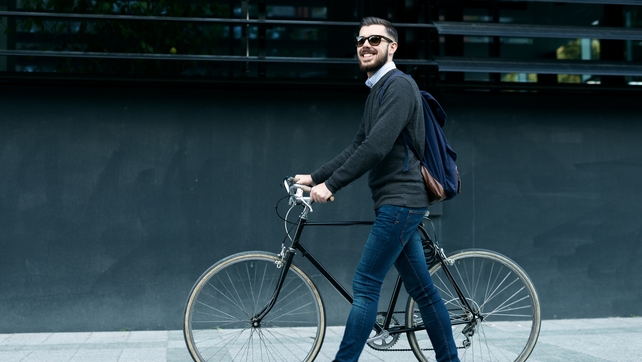Are you thinking about buying your first home? The first hurdle any first-time buyer will meet is saving for a deposit. This may seem overwhelming, but it’s not impossible if you cut back on your spending and save wisely. The Competition and Consumer Protection Commission (CCPC) has some saving tips to help you get on the property ladder:
- Sort out your budget
First, it’s important to get your finances in order. Use the CCPC’s budget planner to keep track of your income and expenses over a month. Remember to include day-to-day expenses like coffees, lunches or the cinema. This will give you a clear view of your finances, and will help you set realistic savings goals.
Once you’ve sorted out your budget, you’ll be able to see where you can cut back or make changes. For example, don’t be afraid to switch electricity or gas companies if you could save elsewhere.
Shopping around shouldn’t stop at your energy provider, make sure you’re getting the best deal for TV, internet and phone contracts. Comparing options with different companies can take a bit of effort, but can pay off big time!

- Set up a savings account
The next thing to do is open a savings account, if you don’t already have one. Take a look at the CCPC’s regular savings account comparison to compare interest rates and see which account works best for you. Also consider going for one with a notice period: this means you have to give, for example 14 days’ notice, if you want to access the money – a good way to avoid the temptation to spend instead of save!
Pay yourself first! Once you have your savings account sorted, set up a standing order that goes from your current account on payday. That way, the money is transferred straight into your savings before you have time to spend it!

- Entertainment on a budget
Instead of going out for a meal or getting a takeaway at the weekend, why not cook a nice dinner at home? Instead of going to the cinema, you could watch a film on TV or online. Or how about having friends over for a games night, or starting a book club? These are all fun low-cost activities. If you do decide to treat yourself to a meal out, keep an eye out for early bird and mid-week deals.
It can be hard, but resist “FOMO”! Prioritise the events you would like to attend, and decide which ones you really can’t afford on your budget.
When you do go on a night out, it can be a good idea to avoid getting into rounds and just pay for your own drinks. This way you can control how much you spend.

- Break out your lunchbox
Do you buy your lunch each day? Take a few minutes extra in the morning or the night before to prepare a lunch at home. As well as being healthier, by swapping your takeout coffee and sandwich for homemade food and drink each day, you could save a couple of thousand Euro each year!
Getting into the habit of planning out your meals for the week will help you avoid any unnecessary food waste or costs. Buying only what you need can really help you save on your grocery bills. Watch out for offers and buy in bulk if it’s better value, and remember – never shop when you’re hungry!

- Rethink your transport
Do you drive to work every day? Take a look at what public transport options are available – the bus or train can often be cheaper than the cost of running your car on a daily basis. Or better again, walk or cycle to work if possible. If this isn’t an option for you, maybe some people in your area would be willing to carpool. It’s a great way to share costs, and banking the difference will help you reach your savings target.
If you’re planning on cycling, check if your employer is signed up to the Bike to Work scheme, which you can use to buy a tax-free bike.

The Competition and Consumer Protection Commission (CCPC) have more information on ways to save, including information on managing your money, ways to save and spending calculators. They also have information on getting a mortgage.


